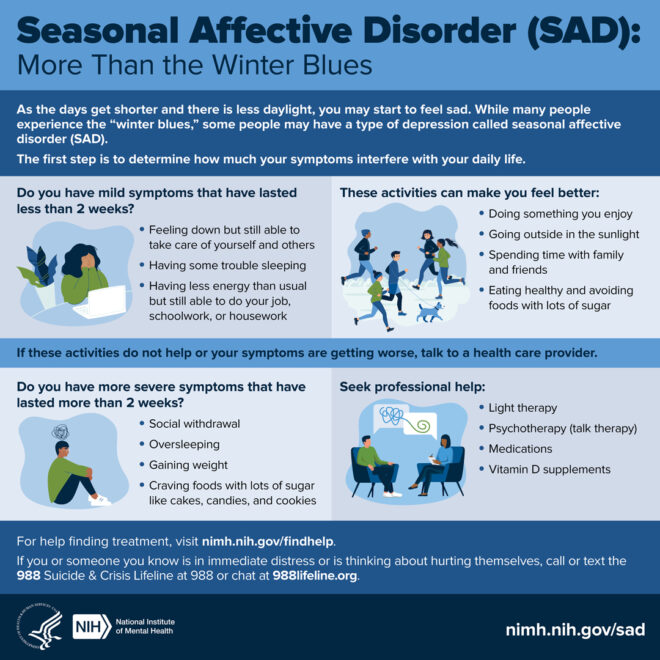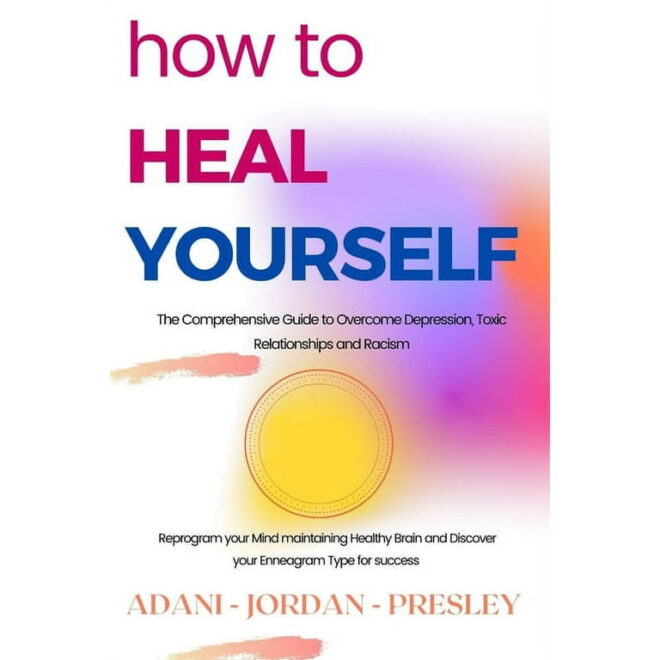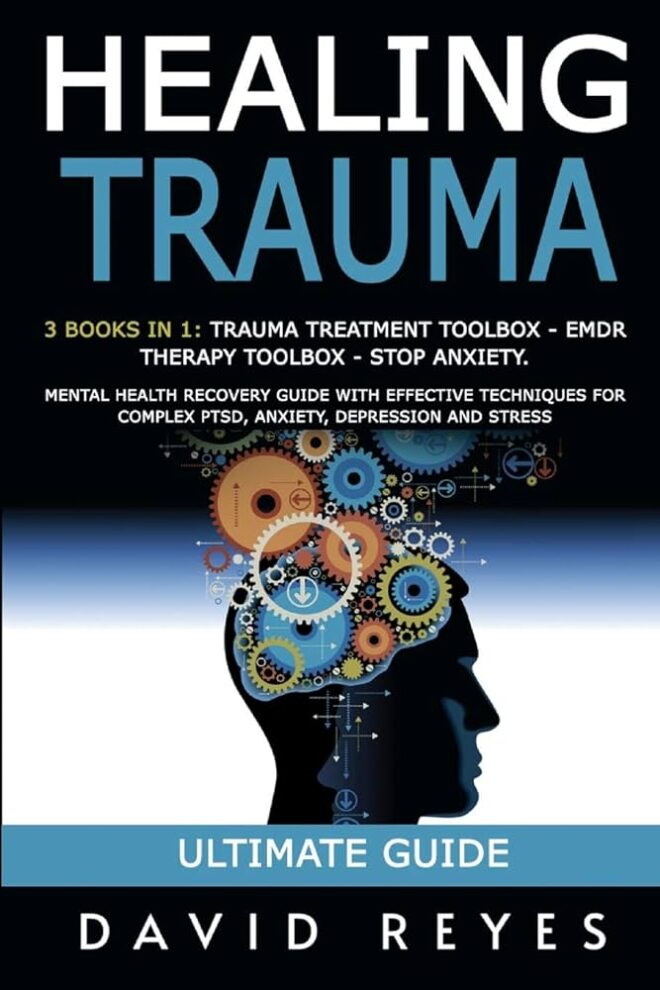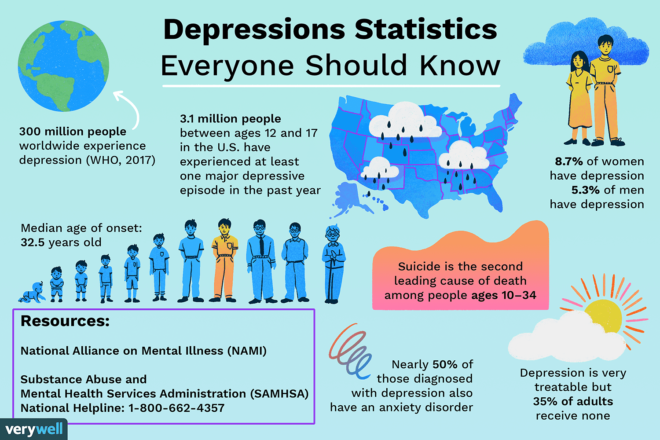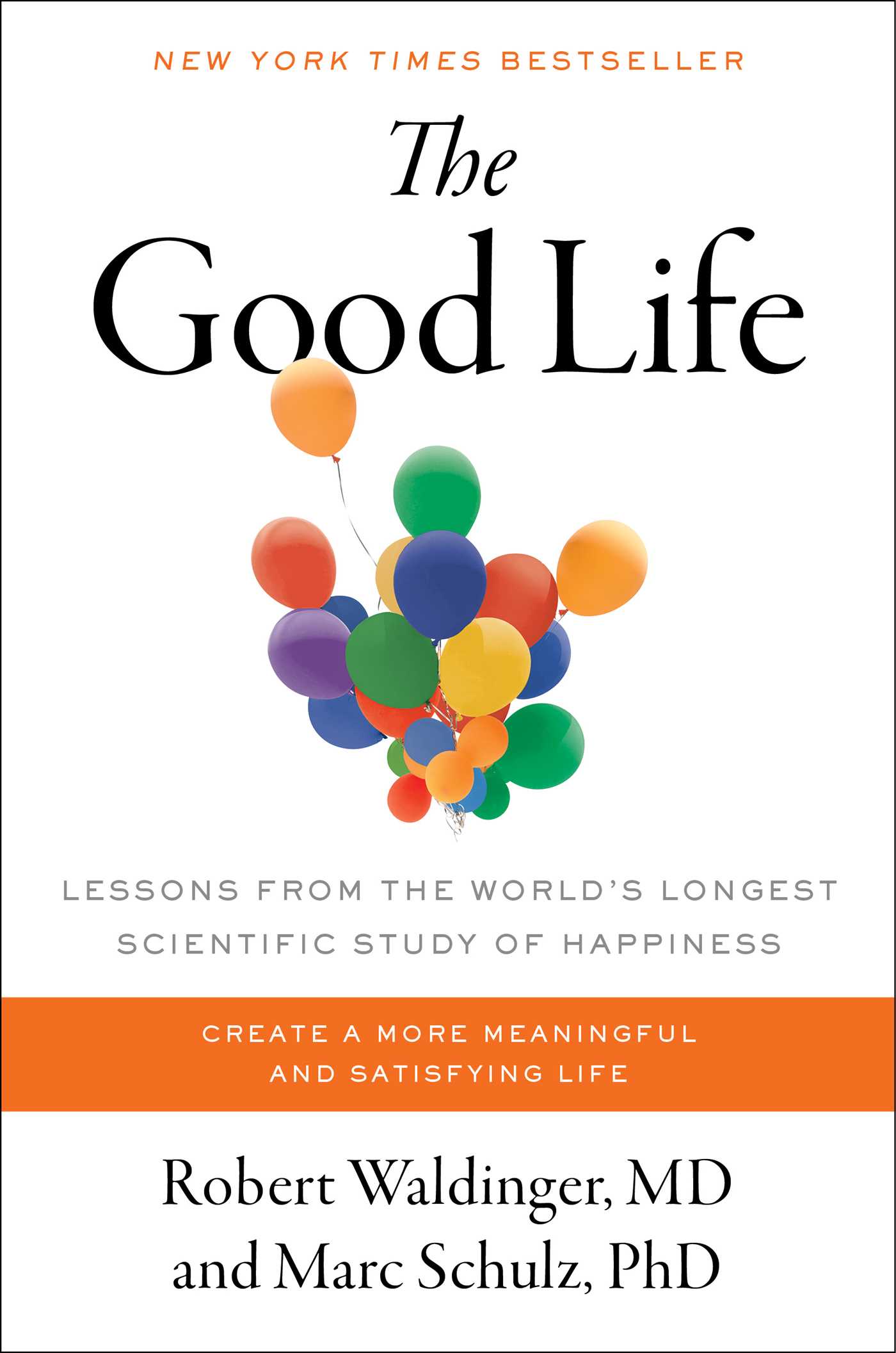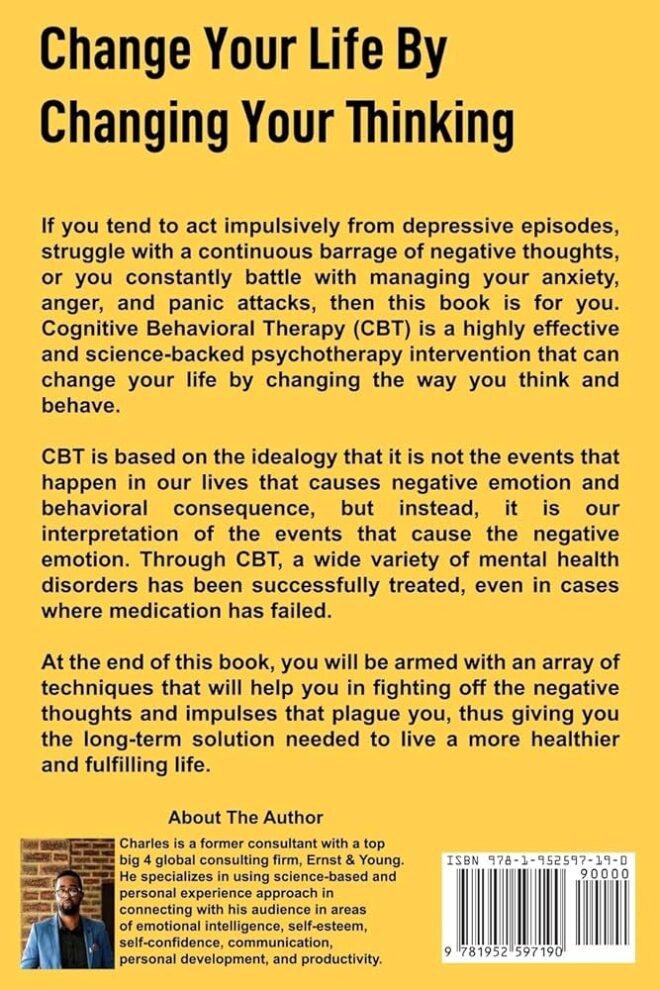Why Did the Great Depression Happen: Unveiling the Tragic Roots
The Great Depression occurred due to stock market crash in 1929 and widespread economic downturn. The Great Depression of the 1930s marked a significant period in history, characterized by economic devastation on a global scale.
Triggered by the stock market crash of 1929, the effects rippled through various sectors, leading to widespread unemployment, poverty, and financial instability. This economic downturn, considered the most severe in modern history, resulted in immense suffering for individuals and families, with long-lasting consequences on economies worldwide.
The factors contributing to the Great Depression were complex, encompassing issues such as overproduction, unsustainable speculation, uneven wealth distribution, and a lack of effective government intervention. Understanding the causes and impacts of this tumultuous era sheds light on the importance of implementing sound economic policies to prevent such crises in the future.
The Roaring Twenties
The Roaring Twenties marked a period of economic prosperity in the United States, characterized by widespread consumerism and credit. This era witnessed a surge in consumer spending and a growing reliance on credit for purchases. People were driven by a desire for modern conveniences and luxuries, leading to an increase in the purchase of household appliances, automobiles, and other goods. The availability of installment plans and easy credit terms encouraged people to buy beyond their means. This cultural shift towards materialism and excessive borrowing set the stage for the economic challenges that would unfold during the Great Depression.
Stock Market Crash Of 1929
The Stock Market Crash of 1929 led to the Great Depression. Speculation on stocks created overvalued prices. Bank failures and panic selling worsened the economic crisis. Investors lost significant wealth causing massive unemployment. People struggled financially, leading to a decade-long economic downturn.
Impact On Industries
The Great Depression had a significant impact on industries, leading to widespread unemployment and wage cuts. The economic downturn resulted in high levels of unemployment as companies struggled to keep up with reduced consumer demand. Many businesses were forced to lay off workers, exacerbating the crisis. This mass unemployment caused a downward spiral in wages, with those lucky enough to still have jobs facing wage cuts to ensure the survival of their employers.
The agricultural sector was particularly hard hit during this period. Farmers faced devastating losses as crop prices plummeted, resulting in a decline in revenue. Many farmers were unable to repay their loans, leading to foreclosures and a loss of livelihood. The agricultural devastation further worsened the economic conditions, as it affected not only the farmers themselves but also indirectly impacted industries that relied on agricultural products.

Credit: www.amazon.com
Government Response
New Deal Programs: The government’s response to the Great Depression included the implementation of various New Deal programs. These programs aimed to provide relief, recovery, and reform. One of the key aspects of the New Deal was the introduction of regulatory reforms. These reforms aimed to prevent a future economic crisis and ensure stability in the financial sector. The Securities and Exchange Commission (SEC) was established to regulate the stock market and protect investors from fraudulent activities. The Federal Deposit Insurance Corporation (FDIC) was created to safeguard depositors’ savings in banks. Other reforms included the establishment of the Social Security system, which provided financial assistance to retired workers and the unemployed. The government’s proactive approach through these New Deal programs played a crucial role in stabilizing the economy and restoring hope during the Great Depression.
Global Economic Effects
The Great Depression occurred due to complex factors leading to worldwide economic turmoil. Global, interconnected markets experienced severe downturns, causing trade to plummet. Protectionism rose, worsening economic conditions. This international crisis highlighted the fragility of the global economy.

Credit: www.rupahealth.com
Social Impacts
The Great Depression had a significant impact on society, leading to widespread homelessness and poverty. Many people lost their jobs and were unable to afford housing, resulting in a sharp increase in homelessness. Poverty rates soared as individuals and families struggled to make ends meet. Families were torn apart, with the economic strain often leading to disintegration. The stress and financial hardship often took a toll on relationships, leading to divorces and separations. Children were particularly affected, as their families were unable to provide for their basic needs. The social fabric of communities was weakened as individuals and families faced the challenges of homelessness and poverty.
Failure Of Monetary Policy
Failure of Monetary Policy:
One of the major reasons for the Great Depression was the failure of monetary policy, specifically the implementation of deflationary policies. These policies, aimed at reducing prices and wages, ended up worsening the economic downturn.
Deflationary Policies:
Deflationary policies sought to address the economic imbalances of the time, but they ended up exacerbating the situation. By reducing prices and wages, individuals and businesses faced decreasing incomes, leading to a decline in spending. This further worsened the economic slump as demand plummeted.
Gold Standard Constraints:
An additional factor contributing to the Great Depression was the constraints imposed by the gold standard. With fixed exchange rates and limited flexibility in monetary policy, central banks were unable to effectively respond to the economic crisis. This hindered their ability to stimulate the economy through monetary measures.
Lessons Learned
The Great Depression provides valuable insights into economic history and the factors leading to its occurrence. Various complex elements such as the stock market crash, banking failures, and global economic turmoil contributed to this significant event. Understanding these lessons can help prevent similar crises in the future.
| The Great Depression occurred due to lack of financial regulation causing economic downfall. Lessons include need for stricter regulations to prevent future crises. Govt intervention key in stabilizing economy during financial turmoil. |

Credit: www.theguardian.com
Frequently Asked Questions On Why Did The Great Depression Happen
What Was The Main Cause Of The Great Depression?
The main cause of the Great Depression was the stock market crash of 1929, leading to widespread economic downturn.
What Caused The Crash Of 1929?
The crash of 1929 was caused by over-speculation, excessive borrowing, and a lack of government regulation. These factors led to a stock market bubble, which eventually burst, triggering a widespread financial collapse.
What Stopped The Great Depression?
The Great Depression was halted by various factors such as increased government spending, the introduction of New Deal programs, and the mobilization for World War II. These measures helped stimulate the economy and create jobs, leading to a gradual recovery.
Could The Great Depression Happen Again?
Yes, while measures are in place to prevent a repeat, economic conditions can still lead to a similar event.
Conclusion
To sum up, the Great Depression occurred due to various factors such as stock market crash, bank failures, and lack of government intervention. Understanding these causes sheds light on how economic instability can have lasting impacts on society. Learning from history is vital for economic resilience.

